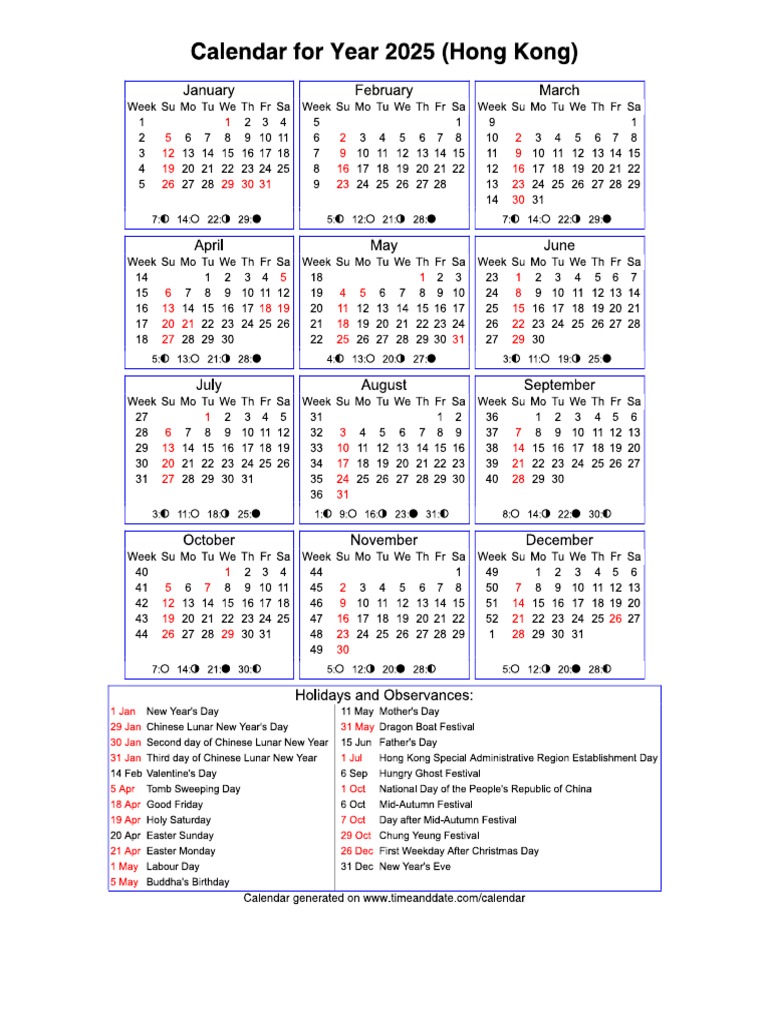Navigating Public Holidays in Hong Kong: A Comprehensive Guide for 2025
Related Articles: Navigating Public Holidays in Hong Kong: A Comprehensive Guide for 2025
Introduction
With enthusiasm, let’s navigate through the intriguing topic related to Navigating Public Holidays in Hong Kong: A Comprehensive Guide for 2025. Let’s weave interesting information and offer fresh perspectives to the readers.
Table of Content
Navigating Public Holidays in Hong Kong: A Comprehensive Guide for 2025
Hong Kong, a vibrant metropolis known for its bustling energy, also offers its residents and visitors a chance to unwind and celebrate during designated public holidays. These holidays are crucial for maintaining work-life balance, fostering cultural traditions, and commemorating significant events. Understanding the schedule of these days is essential for planning ahead, whether for leisure, business, or simply navigating the city’s rhythm.
Understanding Hong Kong’s Public Holiday System
Hong Kong’s public holiday system is governed by the Public Holidays Ordinance (Cap. 282). This legislation outlines the annual list of public holidays, which are typically categorized as:
- Statutory Holidays: These are fixed days mandated by the government, such as New Year’s Day, Lunar New Year, and National Day.
- Special Holidays: These are declared by the government based on specific circumstances, such as the Queen’s Birthday or a typhoon warning.
- Bank Holidays: While not explicitly listed in the ordinance, certain days are customarily observed as bank holidays, meaning banks are closed for business. These days often coincide with statutory holidays or significant cultural events.
Public Holidays in 2025: A Detailed Breakdown
The following is a comprehensive list of public holidays anticipated in Hong Kong for 2025, providing information on their dates, purpose, and significance:
January
- New Year’s Day (Wednesday, January 1): This marks the beginning of the Gregorian calendar year and is a time for reflection and new beginnings. Many businesses and institutions are closed, allowing for a long weekend for most residents.
- Lunar New Year’s Day (Monday, January 20): This day signifies the start of the Lunar New Year, a time for family reunions, traditional feasts, and vibrant cultural celebrations. This holiday is often observed for several days, creating an extended period of festive activities.
February
- Lunar New Year’s Second Day (Tuesday, January 21): This day continues the Lunar New Year festivities, providing a chance to visit relatives, engage in traditional customs, and enjoy the vibrant atmosphere.
April
- Good Friday (Friday, April 18): This Christian holiday commemorates the crucifixion of Jesus Christ. While not a statutory holiday, it is observed as a bank holiday, allowing for a long weekend and various religious services.
- Easter Monday (Monday, April 21): This holiday marks the resurrection of Jesus Christ and is observed as a bank holiday, providing a chance to enjoy the spring weather and engage in leisure activities.
May
- Labour Day (Monday, May 1): This international holiday celebrates the achievements of workers and their contributions to society. It is a statutory holiday, offering a chance to reflect on labor rights and enjoy a day off.
- Buddha’s Birthday (Wednesday, May 7): This day commemorates the birth of Siddhartha Gautama, the founder of Buddhism. It is a statutory holiday, observed by many Buddhists with special rituals and ceremonies.
June
- Tuen Ng Festival (Wednesday, June 11): This traditional Chinese festival celebrates the patriotic poet Qu Yuan. It is a statutory holiday, featuring boat races, traditional delicacies, and cultural performances.
October
- National Day (Tuesday, October 1): This day celebrates the founding of the People’s Republic of China in 1949. It is a statutory holiday, marked by national celebrations, parades, and cultural events.
December
- Christmas Day (Wednesday, December 25): This Christian holiday commemorates the birth of Jesus Christ. It is a statutory holiday, observed by many with festive decorations, family gatherings, and religious services.
- Boxing Day (Thursday, December 26): This holiday, following Christmas Day, is traditionally observed as a day for giving gifts to those who provide services. While not a statutory holiday, it is often observed as a bank holiday, extending the Christmas festivities.
Additional Considerations
- Typhoon Warnings: In the event of a typhoon warning, the government may declare a public holiday or adjust working hours.
- Public Holiday Arrangements: The Hong Kong government may announce adjustments to public holiday arrangements due to special events or circumstances. It is essential to stay informed about any changes through official government channels.
FAQs
Q: Are all public holidays in Hong Kong statutory holidays?
A: No, not all public holidays are statutory. While statutory holidays are mandated by law, some days are observed as bank holidays, meaning banks are closed but businesses may remain open.
Q: Are businesses closed on public holidays?
A: Generally, most businesses are closed on statutory holidays, but some may remain open with adjusted hours. It is advisable to confirm operating hours with individual businesses.
Q: What are the benefits of public holidays in Hong Kong?
A: Public holidays provide a chance for rest and relaxation, fostering work-life balance. They also allow for cultural celebrations, strengthening community bonds and preserving traditional values.
Tips for Enjoying Public Holidays in Hong Kong
- Plan Ahead: Research and book accommodations, tours, or activities in advance, especially during peak seasons or popular holidays.
- Be Aware of Transportation: Public transportation may be crowded during holidays, so consider alternative modes or adjust travel times.
- Embrace Local Culture: Take advantage of the opportunity to experience traditional festivals, visit cultural attractions, or sample local delicacies.
- Respect Local Customs: Be mindful of local customs and traditions, especially during religious holidays or festivals.
- Stay Informed: Check official government websites or news sources for any updates or announcements related to public holidays or special events.
Conclusion
Public holidays play a vital role in Hong Kong’s social and cultural landscape. They offer a chance to celebrate, reflect, and enjoy a break from the daily routine. By understanding the schedule of public holidays in 2025, residents and visitors can plan their activities accordingly, ensuring a seamless and enjoyable experience in this dynamic city. Whether for cultural immersion, leisure pursuits, or simply a chance to relax, these holidays provide a welcome respite, enriching the overall experience of living or visiting Hong Kong.
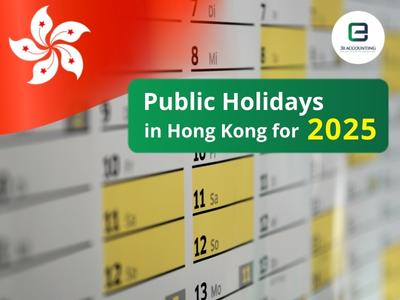
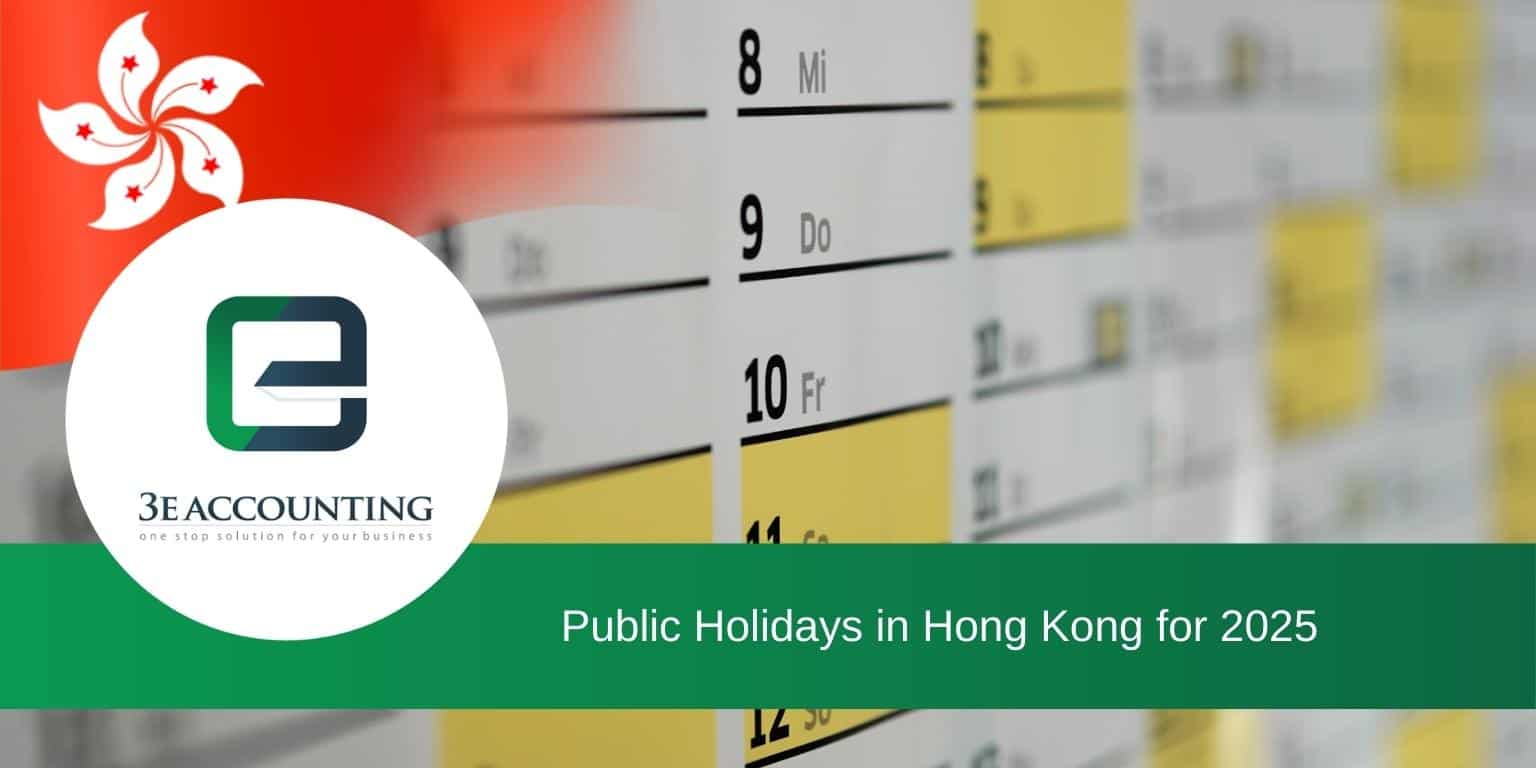


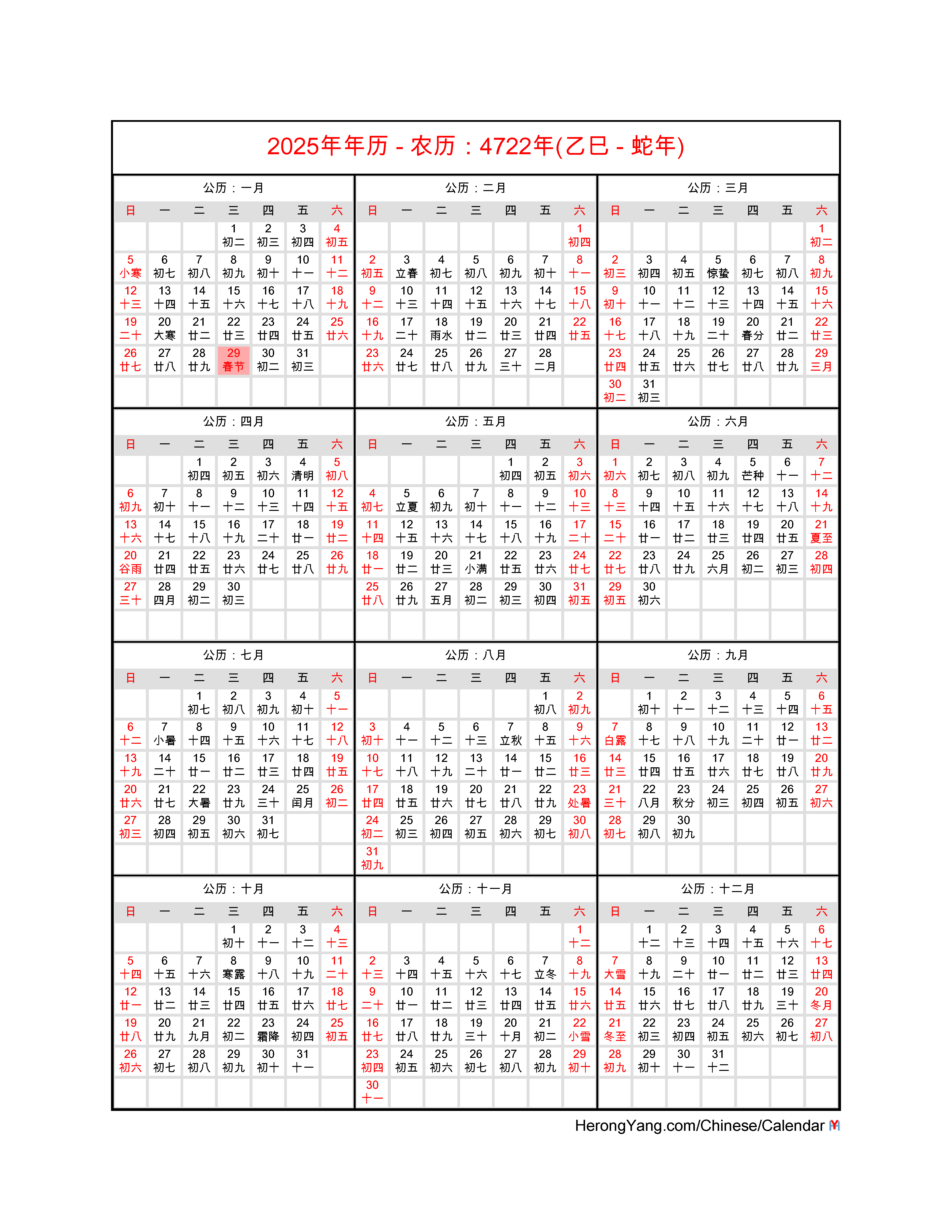
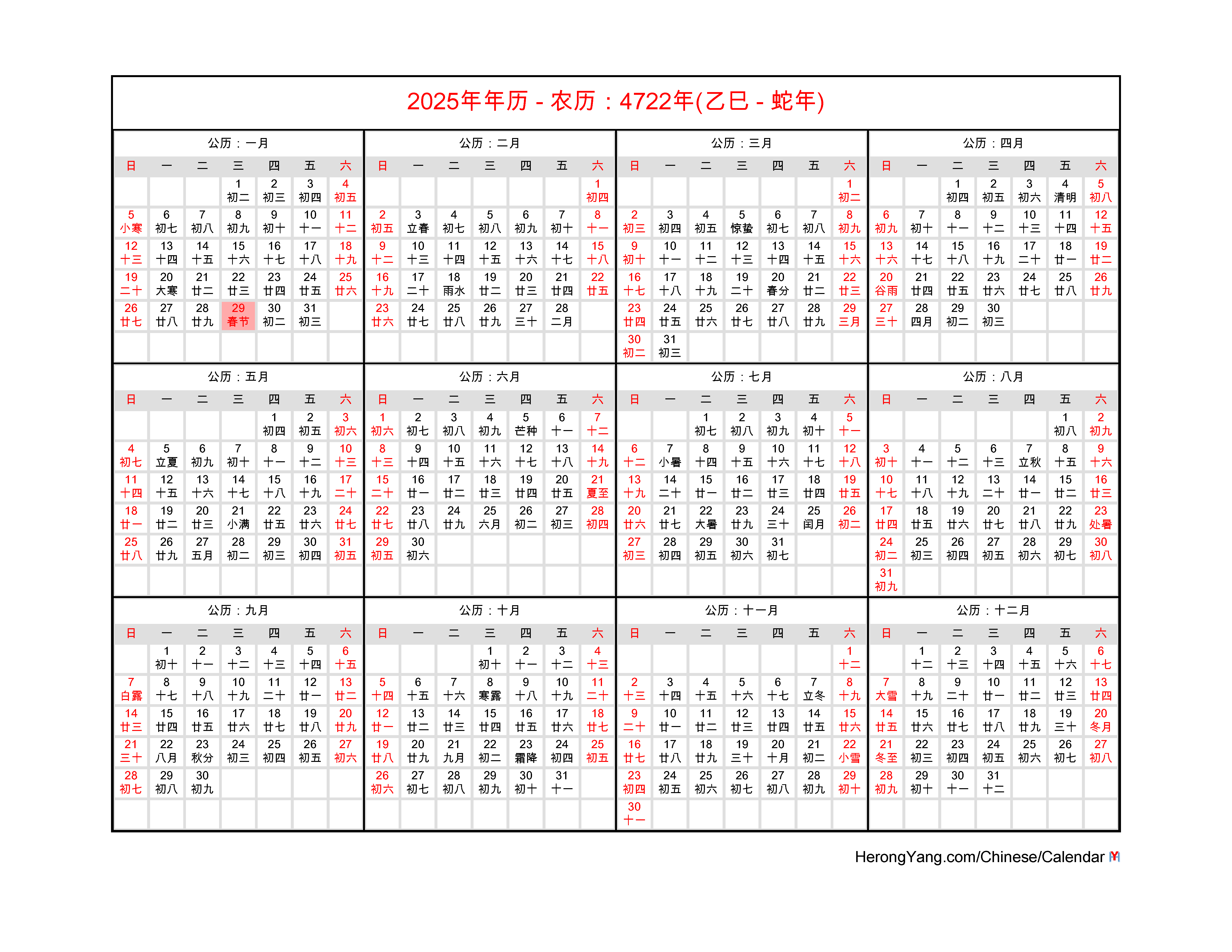
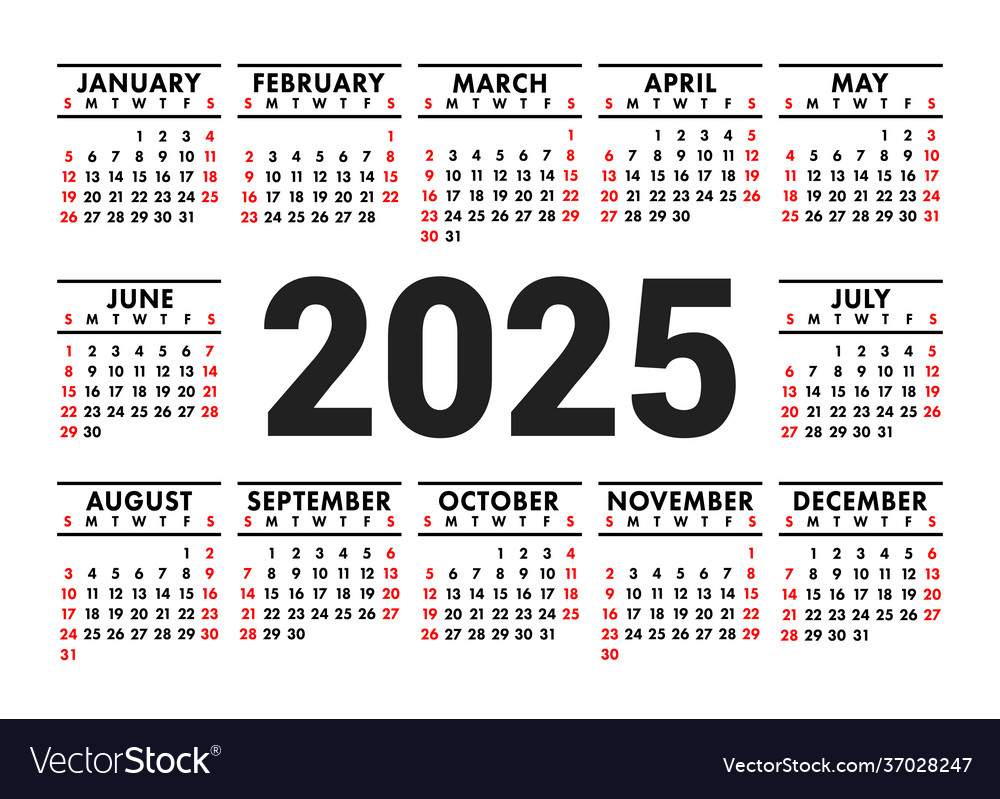
Closure
Thus, we hope this article has provided valuable insights into Navigating Public Holidays in Hong Kong: A Comprehensive Guide for 2025. We thank you for taking the time to read this article. See you in our next article!
